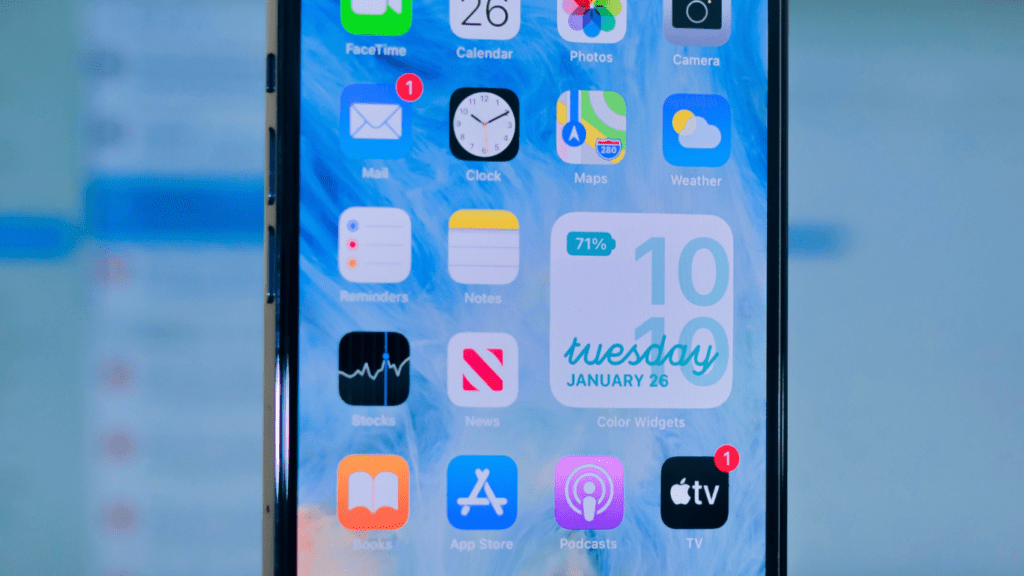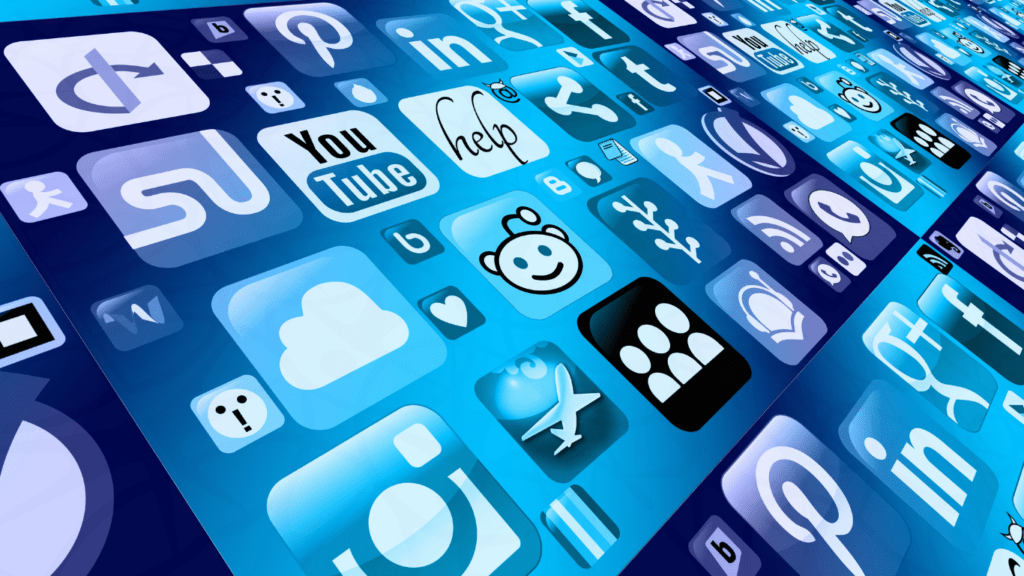In recent years, the landscape of mental health care has been significantly transformed by the emergence of mental health apps. As someone who has witnessed the evolution of technology in healthcare, I’ve seen firsthand the impact these apps are having on individuals seeking support and guidance for their mental well-being. These innovative solutions offer a convenient and accessible way for users to manage their mental health anytime, anywhere.
With a plethora of mental health apps flooding the market, it’s crucial to explore their effectiveness in providing meaningful support and resources. As I delve into this topic, I’ll share insights on how these apps are revolutionizing the way we approach mental health care and the potential benefits they bring to users. Join me as we navigate the world of mental health apps and evaluate their role in promoting overall well-being.
Evolution of Mental Health Apps
Exploring the evolution of mental health apps reveals a transformative journey in the realm of healthcare technology. These apps have revolutionized the landscape of mental health care by offering personalized support to individuals seeking assistance with their mental well-being. With convenience and accessibility at the forefront, these innovative solutions have become integral in providing resources and tools to enhance mental wellness.
The effectiveness of mental health apps in delivering meaningful support continues to be a focus of exploration. Understanding their impact on promoting overall well-being is crucial in realizing the full potential of these digital platforms. As we delve deeper into the evolution of mental health apps, we uncover the profound benefits they bring to users in fostering mental health and well-being.
I invite you to join me in delving further into the revolution of mental health apps and uncovering the transformative impact they have on reshaping mental health care for the better.
Benefits of Mental Health Apps
Mental health apps offer significant benefits in promoting well-being and providing support to individuals in need. Let’s delve into the advantages that these apps bring to users seeking to improve their mental health and overall quality of life.
- Accessibility and Convenience
Accessing mental health support is easier than ever with mental health apps. Users can receive help at any time and from any location, ensuring that support is readily available when needed. These apps eliminate barriers to traditional in-person therapy, making mental health care more accessible to a wider audience.
- Personalized Support
One of the key benefits of mental health apps is the provision of personalized support tailored to the individual’s specific needs. Through assessments and algorithms, these apps can deliver targeted interventions and resources based on the user’s preferences and challenges. This personalized approach enhances the effectiveness of mental health support, leading to better outcomes for users.
Drawbacks of Mental Health Apps
One aspect worth considering when exploring mental health apps is the lack of human interaction. While these apps offer convenience and accessibility, they might fall short in providing the interpersonal connection that some individuals require for effective support. Personalized care and empathy from a human counselor or therapist cannot always be replicated by an app, potentially impacting the depth of assistance received.
Overreliance on Technology
Another drawback of mental health apps is the potential overreliance on technology. Users may start depending solely on the app for their mental well-being, neglecting other essential aspects of self-care or professional intervention. Relying entirely on a digital platform could limit the holistic approach needed for comprehensive mental health support, leading to a narrow focus on technology-driven solutions without addressing underlying issues effectively.
Effectiveness of Mental Health Apps
Exploring the effectiveness of mental health apps reveals their significant role in augmenting mental health care. Mental health apps provide users with accessible tools that can enhance their well-being efficiently. These apps offer a wide range of features tailored to individual needs, making them versatile resources for managing mental health conditions.
One key aspect of the effectiveness of mental health apps is their ability to deliver personalized support round the clock. Users can access coping strategies, relaxation techniques, and therapeutic exercises at their convenience, fostering a sense of autonomy in managing their mental health. The tailored nature of these apps enables users to address specific concerns and track their progress effectively.
Moreover, mental health apps often incorporate evidence-based practices and mental health interventions endorsed by professionals. By offering psychoeducation and cognitive-behavioral techniques, these apps empower individuals to develop coping mechanisms and enhance self-awareness. The structured format of mental health apps guides users through therapeutic processes, promoting consistency in mental health management.
Additionally, the effectiveness of mental health apps is evident in their ability to complement traditional therapy. Users can utilize these apps to supplement face-to-face counseling sessions, extending the continuum of care beyond clinical settings. The integration of technology in mental health care expands the reach of interventions, making support more accessible to individuals in remote areas or those with limited resources.
The effectiveness of mental health apps lies in their capacity to empower users, provide personalized support, and augment traditional mental health care. By incorporating evidence-based practices and offering tailored interventions, these apps serve as valuable tools in promoting mental well-being and fostering a proactive approach to self-care.


